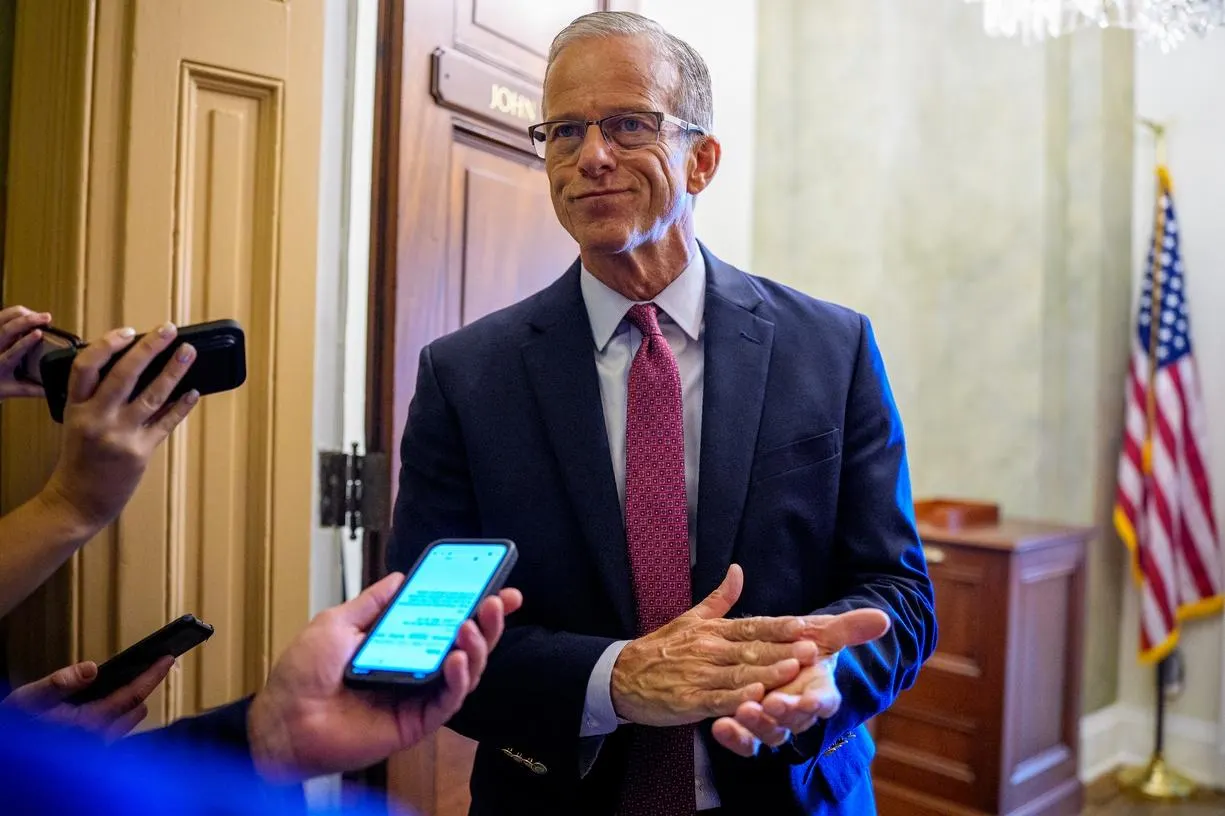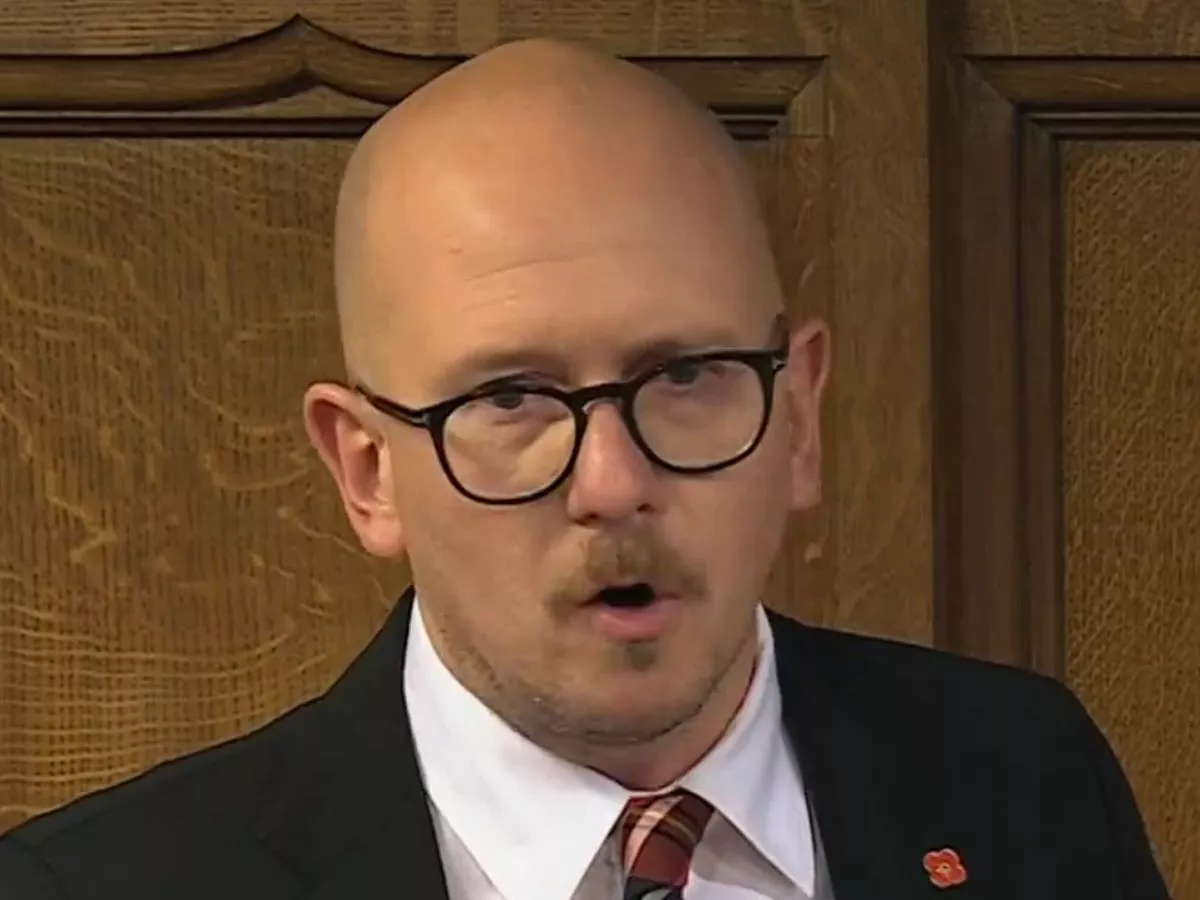Copyright Forbes

Progressives are fuming over the decision by eight Senate Democrats to support a bill to reopen the federal government without an agreement on extending enhanced Affordable Care Act health insurance subsidies beyond December. Allies of President Trump are gloating at what appears to be Democratic capitulation to the White House’s hardball tactics. But while Democrats lost this skirmish in the health insurance subsidy battle, they may very well win the war. While Trump and his congressional allies prevailed in the short-term political stare-down, the GOP now faces an impossible choice over the next several weeks. They either must agree to extend those Covid-era insurance subsidies or take sole blame for killing an effort to continue assistance that has overwhelming public support. Who Will Pay? While the subsidies surely can be reformed, that process will take months, if not years. In the meantime, if the GOP sinks efforts to extend the lower premiums, average premiums will double and an estimated 4 million people could drop ACA insurance because it will be too expensive. About 22 million Americans have some ACA premium subsidies. The enhanced assistance, which comes in the form of tax credits, expires after December 31. Many who drop the higher-cost coverage likely will be younger, healthier people. And that will mean a higher percentage of ACA enrollees will be older or have pre-existing health conditions. Many will be in their 50s and early 60s. Insurers will raise premiums to cover higher expected costs from those sicker patients, eventually driving out even more customers and ultimately wrecking the market before it can be reformed. No politician wants to be blamed for killing the current subsidies, which enjoy the support of a staggering 78 percent of the public, according to an early October KFF poll. Even 59 percent of Republicans support the enhanced tax credits. And that may be why the GOP will ultimately lose this war despite appearances. MORE FOR YOU What Will Happen Here is the state of play today and what is likely to happen: The Senate will vote for a bill to reopen the government though January, pass three 2026 spending bills, and protect some federal employees from Trump efforts to fire them. Next, the GOP-controlled House will pass that spending bill, despite Democratic opposition, and Trump will sign it. As Trump and Republicans insisted, the bill has no provision to extend the extra ACA subsidies. But Senate GOP leader John Thune (R-SD) agreed to hold an up-or down vote on that effort in December. While some Democrats grumble that Thune won’t keep his promise, he will. And by some estimates, at least 10 GOP senators are anxious to resolve the subsidy issue. Some still may oppose the measure, if Trump also objects. But enough of them probably will join Democrats to pass a subsidy extension, probably though the end of 2026. Moderate Senate Democrats who negotiated the compromise likely would not have agreed to back off from their demands for an immediate subsidy fix without such an expectation. Johnson’s Hot Potato If the Senate does agree to temporarily extend the enhanced tax credits, it will throw this political hot potato squarely into the lap of House Speak Mike Johnson (R-LA). He then will be faced with an impossible choice: Kill the bill or let it pass and effectively concede the issue to Democrats. There really are three possible outcomes: Johnson could bury the enhanced subsidies by refusing to take up the Senate bill at all or by rounding up enough GOP votes to defeat it. But either outcome will place the blame for reducing popular subsidies squarely on the GOP. With Republicans in control of the House, there can be no blame-sharing with Democrats. Johnson also could try to write a new health insurance scheme to replace the ACA subsidies. Trump himself proposed eliminating the subsides entirely and sending the cash directly to households, who somehow would be responsible for paying for their own health care. Up To Trump Such an idea is completely unworkable. But trying to build consensus for any structural changes among Republicans, who have failed for 15 years to agree on a replacement for ACA, will be no easy task. And it would be time-consuming. Yet, Americans will begin paying higher ACA premiums in only about six weeks. The third alternative: A handful of swing state Republicans join Democrats to extend the subsidies. Assuming all Democrats vote to do so, it will take only two Republican defections to pass the bill. In that event, the issue would land on Trump’s Oval Office desk. If he allows the subsidy extension to become law, he concedes defeat in a dispute that shut down the government for more than five weeks, cut off food assistance for tens of millions of low-income people, and inconvenienced millions of air travelers. All for naught. If he vetoes the bill, he will have full responsibility for raising insurance premiums for 22 million people and indirectly raising them for millions more. My bet: The enhanced premiums will live for at least another year.



